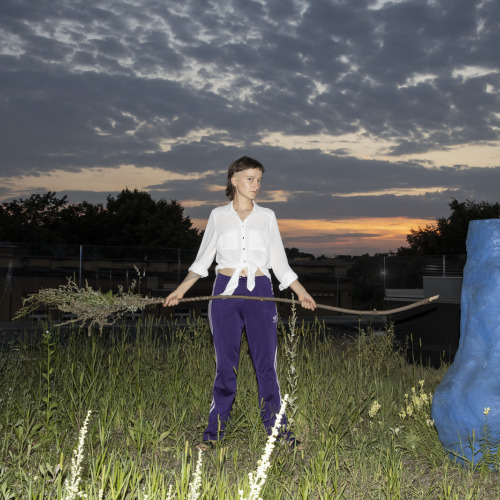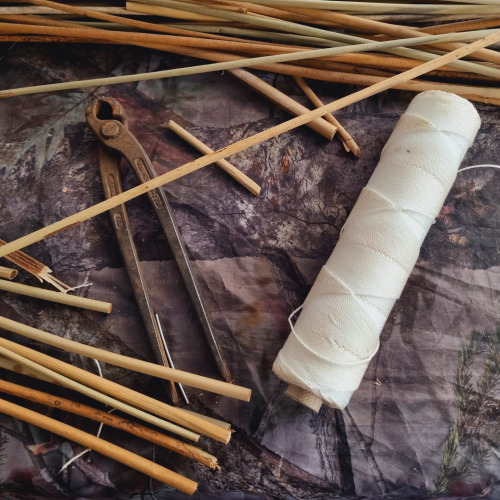
L’amour, la fantasia
On the occasion of the publication of
L’amour, la fantasia (1985), the first translation in Slovene of a novel by
Assia Djebar, the publishing house Mladinska knjiga and City of Women present the work of
the Algerian author, film-director and academic. Besides a presentation of the
book we will screen her film La Nouba, des femmes du Mont Chenoua (1978) at
Slovenska kinoteka.
Assia Djebar (° 1936) is one of the most important figures
of XXth century francophone Maghrebian literature. She is a prolific artist and
has written numerous novels, poetry, plays, short stories, and directed two films.
In her widely honoured work she explores the struggle for social emancipation
and the Muslim woman’s world in all its complexities. She revises traditional
Algerian history-writing by de-centring the French coloniser’s official version
and writing the silenced voices of Algerian women back into history. The film
La Nouba, des femmes du Mont Chenoua (winner of the FIPRESCI Award at the
Venice Film Festival, 1978) takes its title and structure from the “Nouba”, a
traditional song of five movements. The film mingles narrative and documentary
styles to document the creation of women’s personal and cultural histories.
Returning to her native region 15 years after the end of the Algerian war, Lila
is obsessed by memories of the war for independence that defined her childhood.
In dialogue with other Algerian women, she reflects on the differences between
her life and theirs. In lyrical footage she contemplates the power of
grandmothers who pass down traditions of anti-colonial resistance to their
heirs. Reading the history of her country as written in the stories of women’s
lives, Assia Djebar’s La Nouba des Femmes du Mont Chenoua is an engrossing
portrait of speech and silence, memory and creation, and a tradition where the
past and present coexist.
L’amour, la Fantasia (1985) is closely linked to La
Nouba, and both are in many respects representative of Djebar’s entire work.
The novel mixes the personal story of an unnamed female narrator and Algeria’s
history since the beginning of French colonisation in 1830. The film’s
testimonies are incorporated into the third part of the novel. Many parallels
can be drawn between film and novel: the importance of women’s memory, the
close autobiographical links and the technique of over-writing, over-voicing
and juxtaposing European archive material and the oral transmission of history,
documentary and fictional material, different periods of Algerian history and
different women’s voices. Especially by means of this technique Djebar gives
her work a “palimpsestic structure”. “The palimpsest – the scratching off of a
previous inscription to cover it with another – is a fitting metaphor for
colonization, one of whose consequences is the forcible erasure of all traces
of a people’s history, culture and way of life in order to replace them with
the colonizer’s. But as complete erasure is impossible, there always remain
traces, even if it may require a special light in order to decipher them.
Djebar provides this special light, a deeper gaze on Algerian history, to
decipher the traces of her people and the witness of the violence used
especially against Algerian women. By writing over colonial documents, she
makes her fictional/documentary material into a palimpsest of the colonial
writing. Although Djebar creates a (female) Algerian counter-history, she
foregrounds at the same time the difficulty of such a project. Colonial history
can never completely be bypassed, and the silenced voices can never be heard
unmediated or untranslated.” (Anne Donadey: “Rekindling the Vividness of the
Past: Assia Djebar’s Films and Fiction”)
Assia Djebar’s works include: La Soif,
1957; Les Enfants du Nouveau Monde, 1962; Poems pour L’Algerie heureuse, 1967;
Femmes d’Alger dans leur appartements 1980 (Women of Algiers in Their
Apartments, 1992); La Zerda ou les chants de l’oubli, film dir. in 1982; Ombre
Sultan, 1987 (A Sister to Scheherazade); Loin de Medine, 1991 (Far from Madina,
1994); Vaste est la prison: roman, 1995. Assia Djebar, distinguished professor
and director of the Center for French and Francophone Studies at Louisiana State University,
has received numerous honours and awards, including: the Medal for Francophony
of the Académie Française and the Literature Prize for “Best novel by a woman”
at the Frankfurt Book Fair for Ombre sultane. Last year she won the prestigious
Peace Prize at the world’s biggest book-fair in Frankfurt:
“With a sense of commitment to the diverse roots of her culture, Assia Djebar
has made an important contribution to a new self-confidence among women in the
Arab world.” For a more comprehensive biography, which also places Djebar’s
work within the context of Maghreb and francophone literature we refer to the
detailed essay (by the translator, Suzana Koncut-Verdellis) published in the
Slovene translation of the novel L’amour, la fantasia.
Presentation with Aleš Berger (Mladinska
knjiga publishing house) and Suzana Koncu—Verdellis (translator of L’amour, la
fantasia)
In cooperation with: Mladinska knjiga
publishing house
Film La Nouba, des femmes du Mont Chenoua –Slovenska kinoteka, 3. 10. at 18:00


